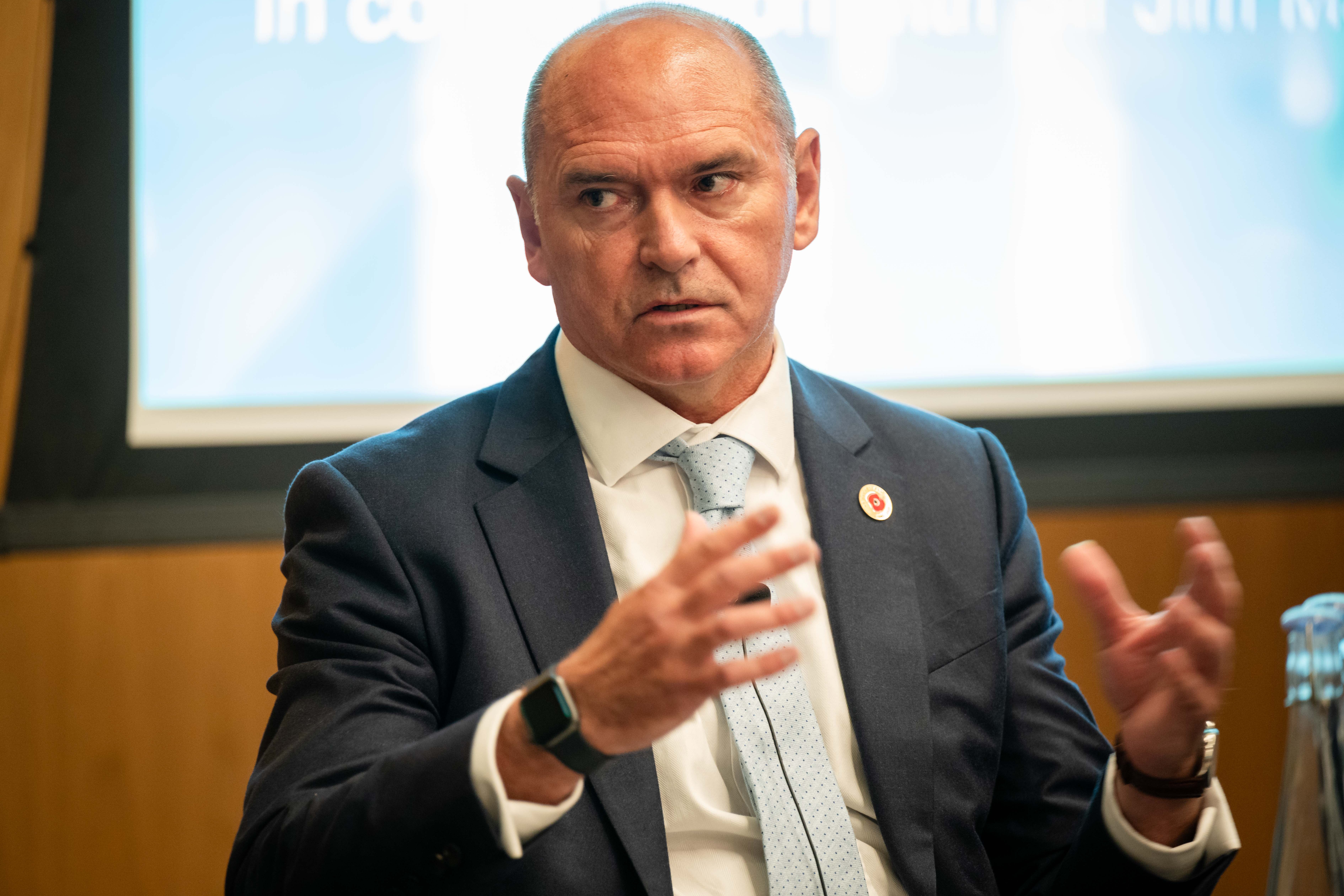

The pace of transformation in healthcare is unrelenting. Digital infrastructures are being rebuilt, research models are shifting toward real-world data, and clinical teams are navigating a constant recalibration of priorities. Amid changes to policy and care delivery mandates, there’s a growing recognition emerging: progress depends on connection.
Across the NHS, the intersection of research and technology is redefining what good looks like. From genomics to AI-driven diagnostics and patient-reported outcomes, new tools are reshaping how data, evidence, and lived experience come together to inform care. Yet these same advances highlight the widening gaps between discovery and delivery; and the need for stronger bridges linking patients, clinicians, and researchers.
Nowhere is that challenge more visible than in haemato-oncology. Services are under immense pressure: over 44,000 new blood cancers are diagnosed every year in the UK, alongside 15,000 people living with sickle cell disorder and nearly 10,000 with haemophilia. The haematology workforce is stretched thin. The latest British Society for Haematology report shows 9% of staff already in unrecorded or extra roles, and 8% considering leaving haematology or the UK altogether. With fewer than 1,000 full-time equivalent consultant haematologists across England, the system relies on an increasingly fragile foundation.
Meanwhile, innovation is accelerating. The NHS now offers CAR-T therapies across six indications, and over 80 cell and gene therapies are in clinical development in the UK, many targeting blood cancers and rare haematologic diseases. By 2028, up to 10,000 patients per year could be eligible for these advanced treatments. A fourfold increase since 2021. The question is no longer whether innovation exists, but how effectively we connect it to the realities of NHS delivery.
The Haematology Patient and Carers Congress (HPCC26) and the Clinical Research Forum (CRF26), presented by Sanius Health, capture this moment.
On the 15th of May 2026, patients, NHS Trust Execs, leading clinicians and research partners will gather to explore how outcomes, access and innovation for those in the haemato-oncology community can be accelerated.
Headlined by key members of NHS England, from Sir Jim Mackey (CEO of NHSE) and Professor David Probert (Deputy CEO of NHSE), the joint congress has become the melting pot for new ideas on how to accelerate access, innovation and better outcomes for those in haematology and oncology pathways.
For the 200+ NHS Trust leaders attending, 2000+ patients and clinicians, HPCC26xCRF26 offers a rare opportunity to see how new research can be operationalised within communities. For researchers, it provides feedback loops from the real world, where implementation meets complexity. And for patients, it offers visibility and agency within the research process itself.